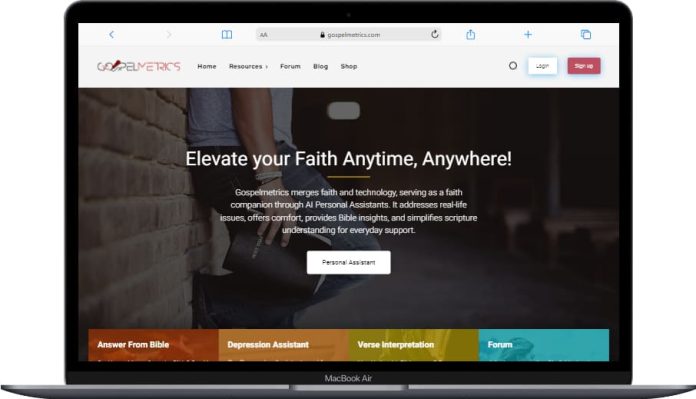[ad_1]
The advancement of computer programming languages is made possible by the programmer's search for effective translation of the human language into something that can be read and understood by computers. The languages created, called the device icon, have high levels of abstraction, which hide computers and take advantage of the most favorable offerings for programmers.
As programs evolve and become more sophisticated, programmers have discovered that certain types of computer languages are easier to support. As expected in a dynamic major, there is no standard for the classification of languages used in programming. There are, in fact, dozens of categories. One of the basic ways to classify languages is through the programming model, which gives the programmer insight to execute code. Among the language classifications according to the programming model:
Object-oriented programming languages
Object-oriented programming, known to the most recent and powerful models, requires the designer to define data structures as well as the types of operations that will be applied to those data structures. The association of data and the operations that can be performed on it are called the object. Therefore, a program that is set up with this language consists of a set of collaborating objects instead of the Help menu.
The most famous object-oriented programming these days C #, C, Visual Basic, Java, and Python .
Structured programming languages
An exceptional type of procedural programming, structured programming provides programmers with additional tools to address problems arising from large programs. When using this language, programmers are required to cut the program's architecture into small pieces of code that can be easily understood. Instead of using global variables, it uses local variables for each subroutine. A common feature of structured programming is that it does not accept the GOTO Statement, which is usually associated with an ascending approach. This approach begins with an overview and opening of the system with minimal details about the different parts. To add these details, design iterations to complete the design are included.
Common spoken languages include C, Pascal, and ADA .
Procedural programming languages
Procedural programming includes a list of the processes the program needs to complete the preferred case. It is a simple programming model where each program comes with the start stage, task and process list, and end stage. This approach is also called necessary programming, and it comes with small sections of code that perform certain functions. These sections consist of procedures, sub-roads, or methods. The procedure consists of a list of accounts that must be performed. Procedural programming allows you to use part of the code again without having to make multiple copies. It accomplishes this by dividing programmatic tasks into small sections. For this reason, programmers can also maintain and understand the program's architecture.
Among the known procedural languages is Core and FORTRAN .
These are the different types of computer programming languages that you can consider when planning to create a computer program. Procedural programming Divides the program's source code into smaller parts. Structured languages Requires more restrictions in the flow and organization of programs. And Object-oriented programs Arrangement of symbols and data structures in objects.
[ad_2]&


